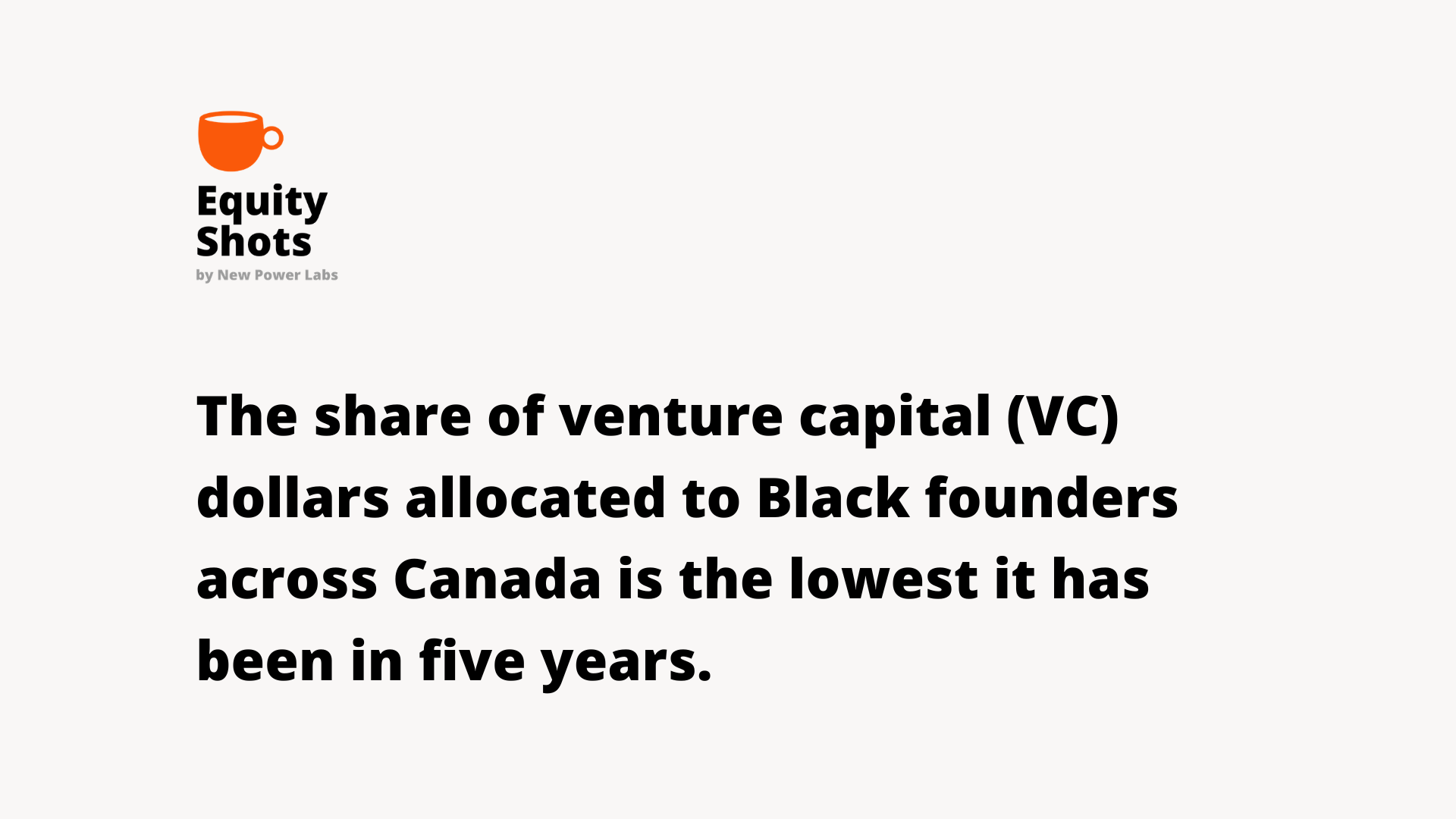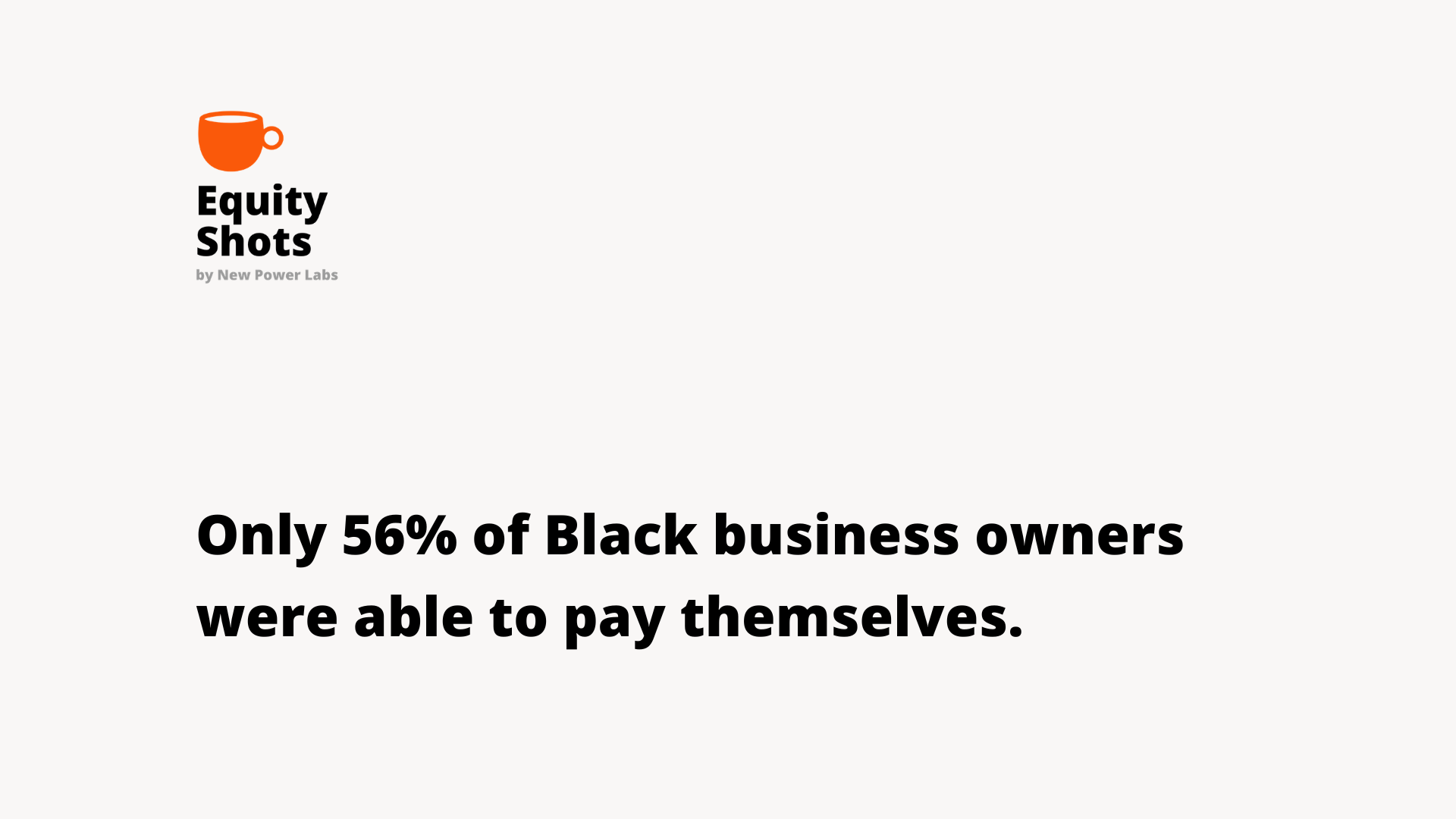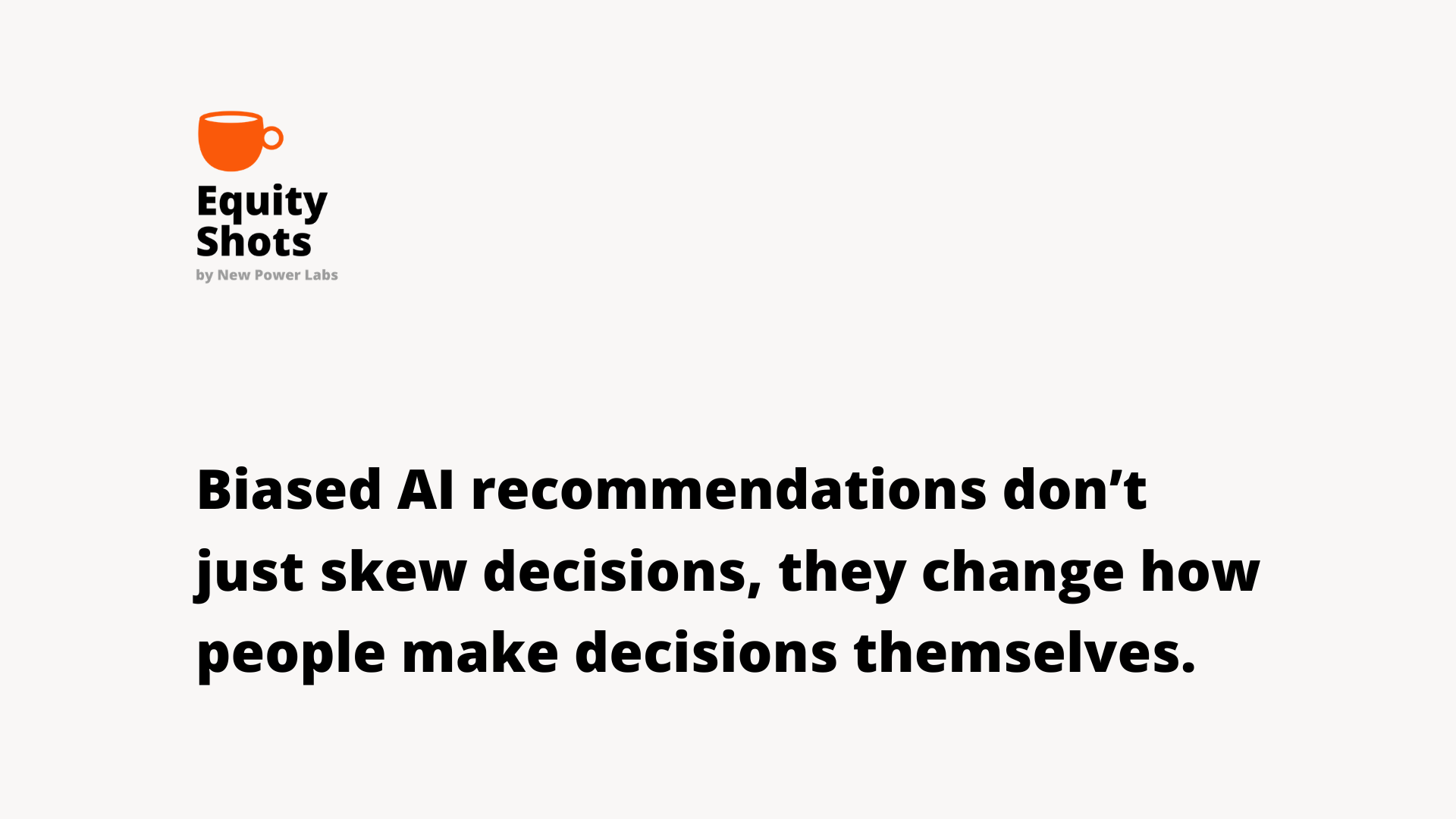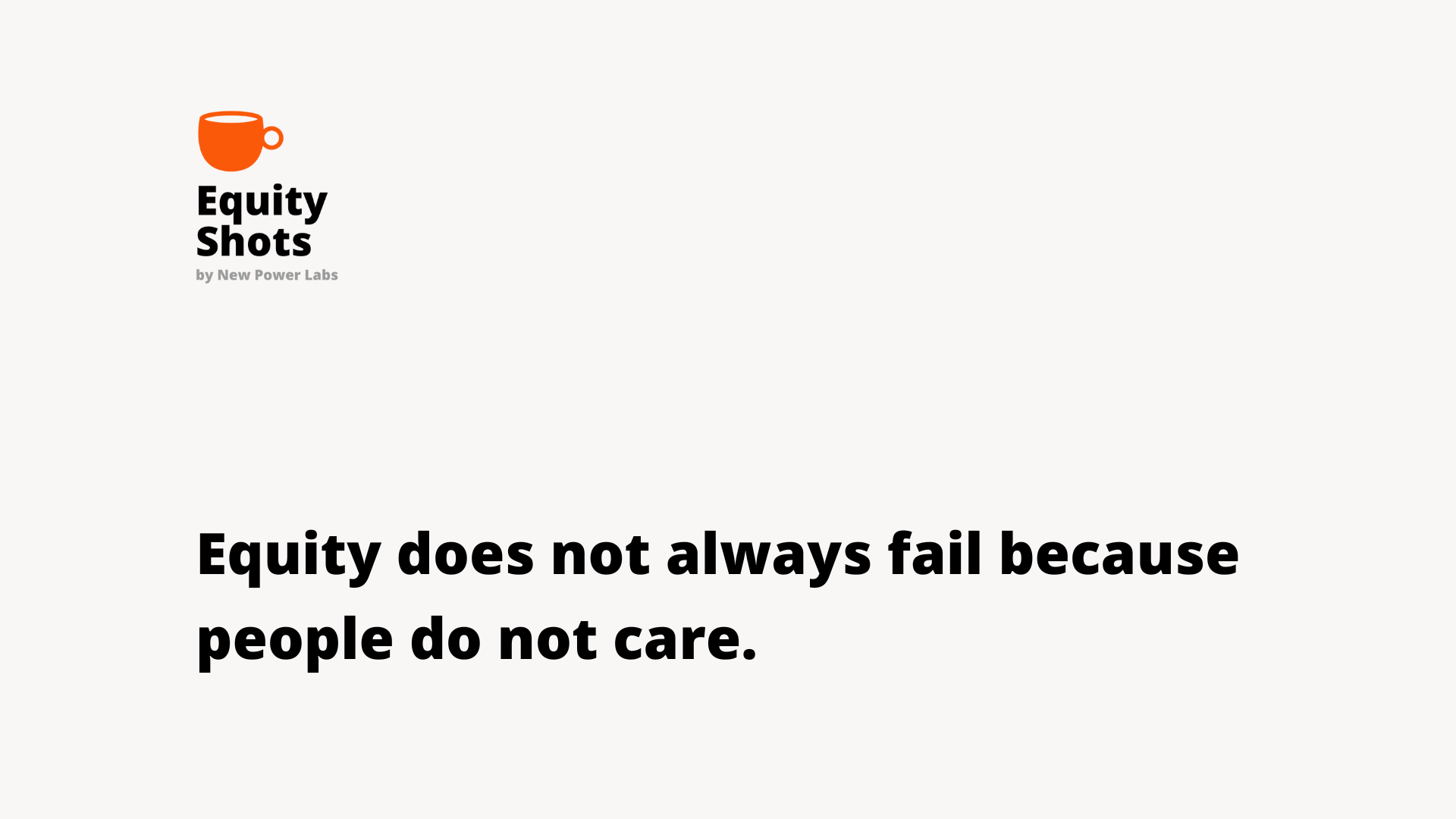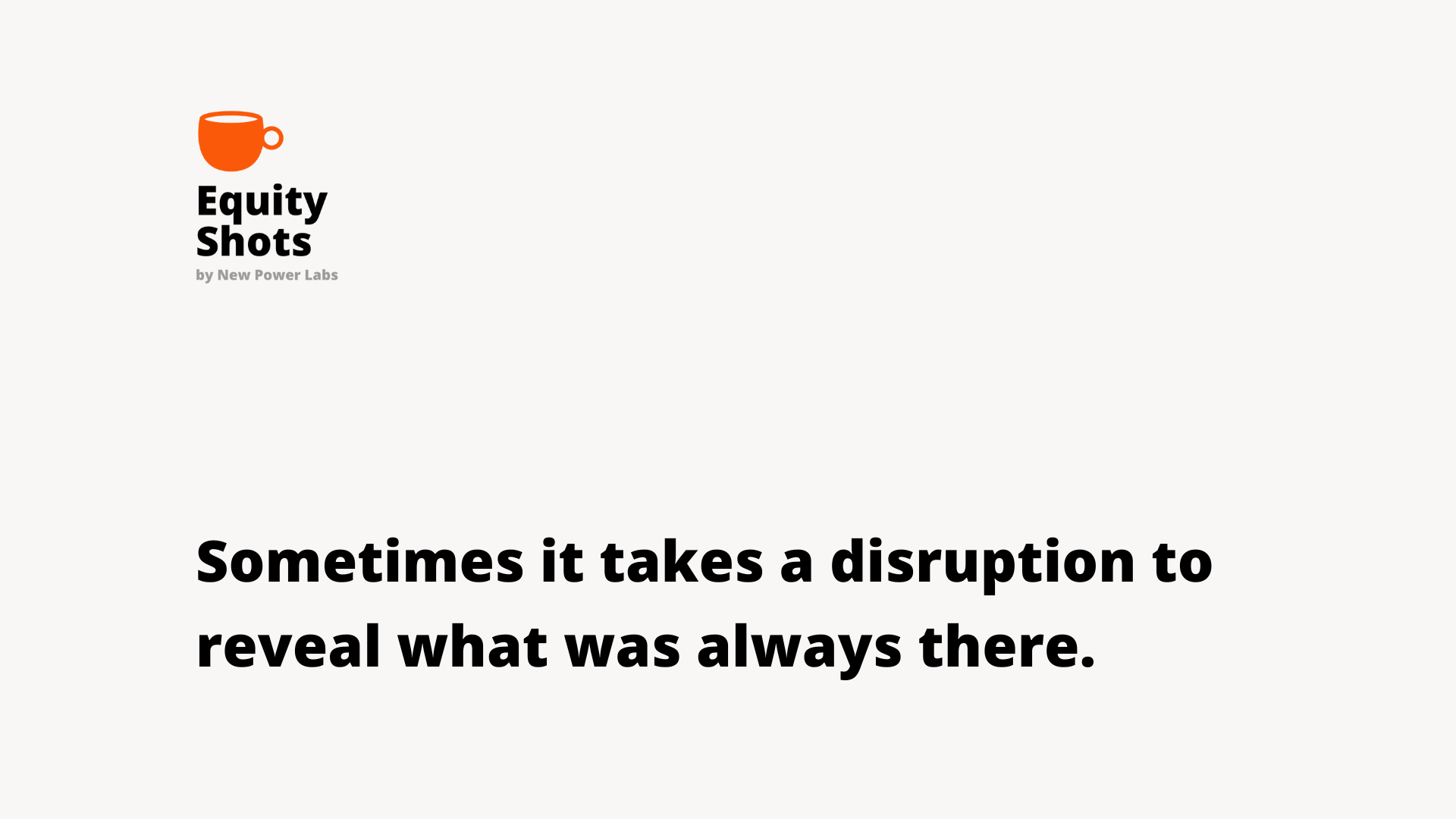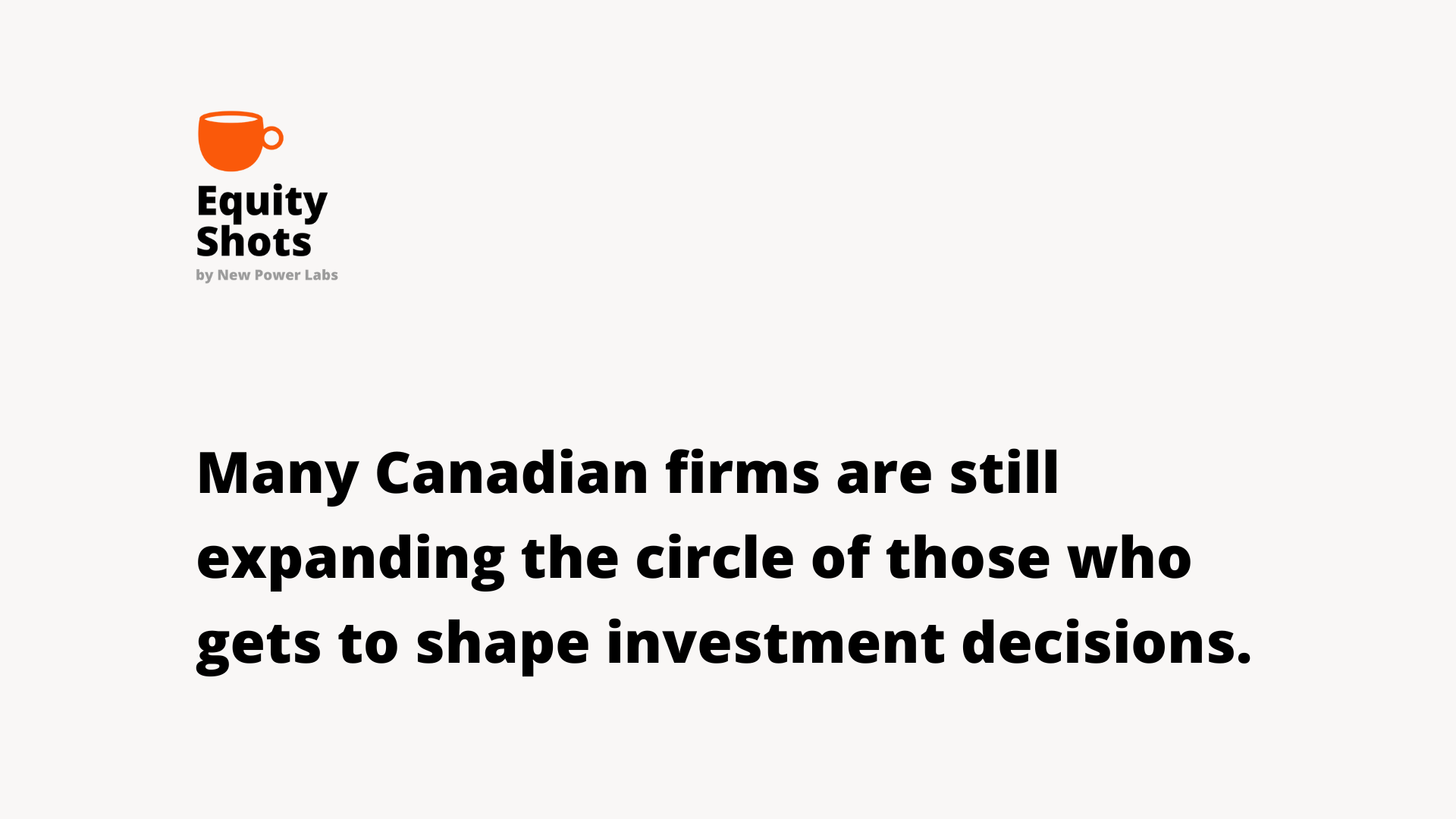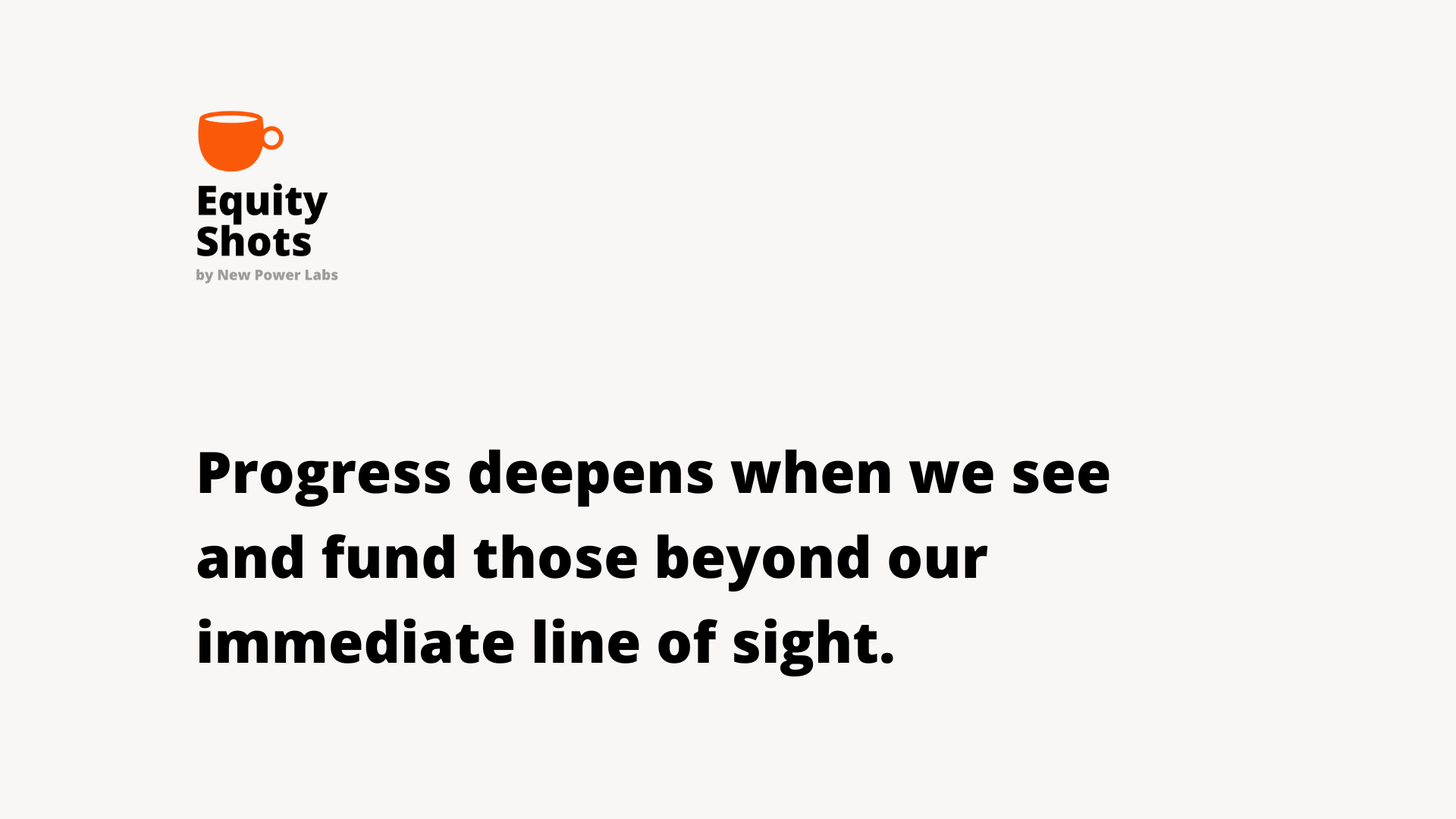Below 2021
The share of venture capital (VC) dollars allocated to Black founders across Canada is the lowest it has been in five years.
AI recommendations change how humans decide
Biased AI recommendations don’t just skew decisions, they change how people make decisions themselves.
Rising with the tide
Many Canadian firms are still expanding the circle of those who gets to shape investment decisions.
Follow the money
Progress deepens when we see and fund those beyond our immediate line of sight.
The next best step
The real threat to progress isn't a single catastrophic decision - it's inertia.
The long game
Our sector’s tendency to fund narrowly and briefly puts us at a disadvantage against movements that are playing the long game.
The monocrop economy
When money keeps circulating among the same players, we mistake concentration for strength.
The comfort trap
Until we break the habit of funding the comfortable version of equity, we will never fund the courageous kind.
When money cages communities
“Behind every social challenge is the nefarious hand of money causing pain, but also, the opportunity to subvert the harms of capitalism by investing in real solutions.”
Land without leverage
Without the ability to use land and properties as leverage, a fundamental tool for wealth creation is inaccessible.
"Elbows up to arms linked"
Moving from “elbows up to arms linked” may be exactly what this moment demands.
Single lanes
Systems don’t fail in single lanes. We shouldn’t try to fix them that way either.
When progress becomes a problem
We celebrate when women achieve better representation in organizations, but what if that success creates a new barrier?

